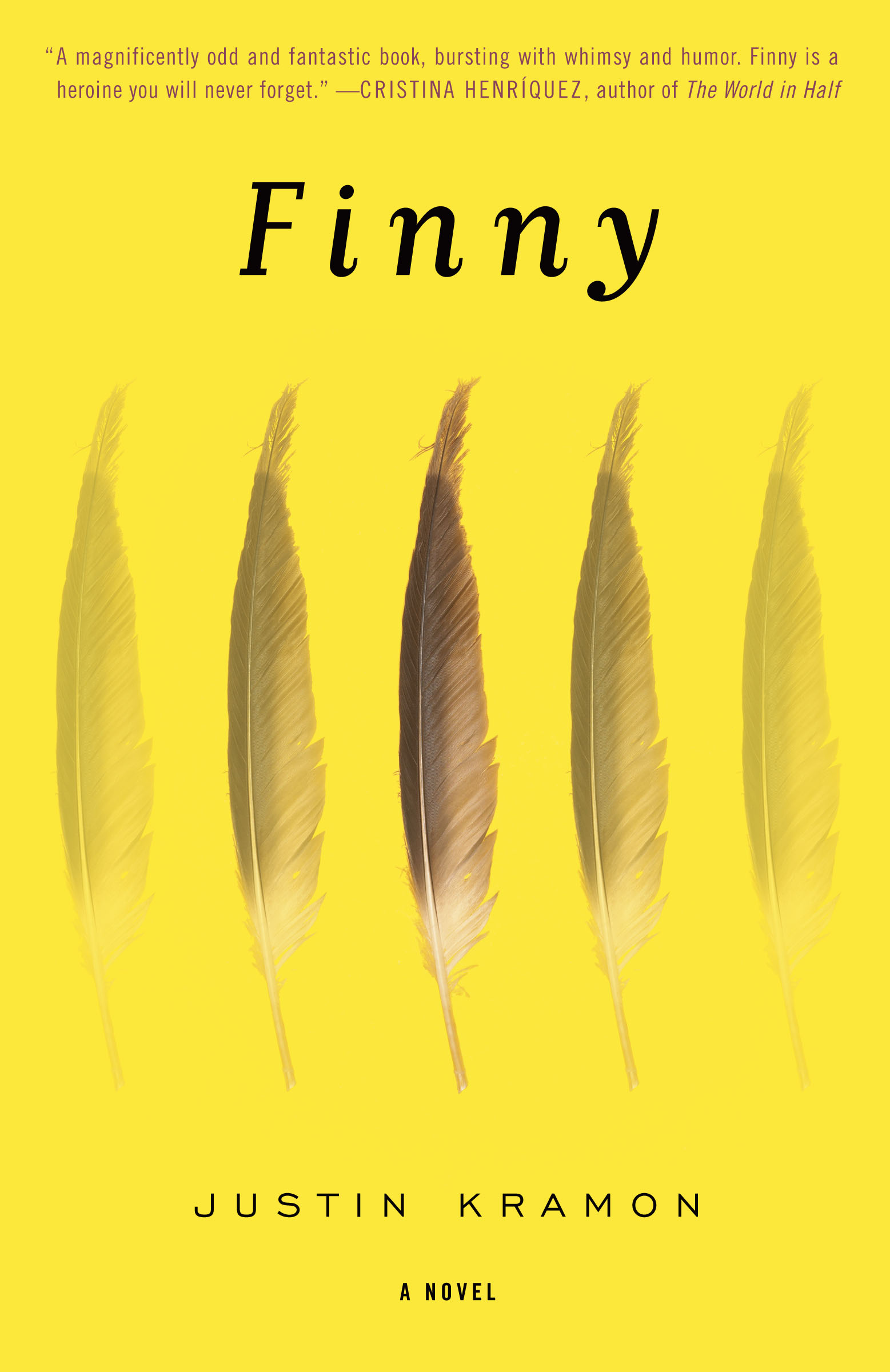Justin Kramon didn’t think he was qualified to call himself a writer. And then he thought about his favorite books, and had a change of heart:
 For some reason, I used to have the perception that writers should be interesting, well-rounded, generally knowledgeable people. I got this idea before I’d met any writers, and certainly before I started trying to become one. In fact, my perception of writers was a big obstacle to writing, because – and I have to be completely honest here – I’m not that interesting, am poorly rounded, and most of what I have to offer in the way of knowledge concerns the time it takes to heat various foods in the microwave.
For some reason, I used to have the perception that writers should be interesting, well-rounded, generally knowledgeable people. I got this idea before I’d met any writers, and certainly before I started trying to become one. In fact, my perception of writers was a big obstacle to writing, because – and I have to be completely honest here – I’m not that interesting, am poorly rounded, and most of what I have to offer in the way of knowledge concerns the time it takes to heat various foods in the microwave.
A few years ago, I’d started working on a novel, but it hadn’t come alive. The voice was wooden and the characters seemed predictable, too polite with each other. It was like watching my novel through a window. I wanted to get in there and tickle everyone.
The problem, I realized, was that I wanted to be a good writer. I wanted to sound like the writers everyone had been telling me were great writers, the best writers, the important writers. A lot of these writers happened to be men, and happened to write in wise, commanding, and slightly formal styles. Reading them made me feel like a slow runner in sixth-grade gym, sweating and hyperventalating while everyone else rushed by. They were doing something I could never do, that I wasn’t built to do.
But these great writers were not actually the writers I most enjoyed reading. Picking up their books was more of a responsibility than a pleasure. The writers I loved, the writers who had meant most to me, who had entertained me and stuck with me and let me lose myself in their books – this was a completely different list.
So one morning, when I couldn’t face my own fledgling novel, I decided to make a list of writers I loved. One of the writers that immediately jumped to mind was Alice Adams, who died in the late-1990’s and unfairly seems to have fallen off the map. She wrote some of the most entertaining and insightful books I’ve read, including the novel Superior Women and a story collection called To See You Again. I can’t think of many writers I’d rather sit down and read than Alice Adams. Her books are so absorbing that I feel like I’m reading gossip from a close friend, about people I actually know, except the writing is so much funnier and clearer and more beautiful than any gossip I’ve ever read. John Irving is another one. I love his intricate plots, the slightly larger-than-life characters, the comic set pieces, and the sense of bigness and adventure in all his novels. I think of Irving’s books, as I do of Charles Dickens’s, as treasure chests of ideas and characters and funny moments.
Making this list helped me let go a little bit of the desire to be important. I realized that these are the kinds of books I want to write – books filled with unforgettable characters, books that give me an almost childlike sense of wonder. I started a new novel, Finny, with a narrator whose voice is informal, quirky, a little devilish. Finny’s voice made me laugh, and I honestly cared about her and wanted to see what would happen to her, the people she’d meet, the man she would fall in love with.
Part of the process of becoming a writer has been acknowledging my own limitations, the things I don’t know about. And also being honest: about what I like, what I enjoy, what moves me. To be truthful, I don’t enjoy research. I’m not all that interested in history, and even though I try to stay informed, I’m not ardent about politics. I don’t get a huge kick from philosophical or intellectual discussions. I’m interested in psychology, food, loss, sex, death, awkward social situations, and I’m passionate about the subject of why people are as annoying as they are. I may not win a Nobel Prize for this, but it’s the only kind of novel I can write. Making my list, I saw that what I wanted to do was write books that people love reading, that make them laugh and cry, and that allow me to bring a little of myself into the world.
Justin Kramon is the author of the novel Finny (Random House), which was published on Tuesday. Now twenty-nine years old, he lives in Philadelphia. You can find out more about Justin and contact him through his website, www.justinkramon.com. You can watch a book trailer for Finny here, and you can access Justin’s blog for writers here.




















































 “Creative writing teachers should be purged until every last instructor who has uttered the words ‘Write what you know’ is confined to a labor camp. Please, talented scribblers, write what you don’t. The blind guy with the funny little harp who composed The Iliad, how much combat do you think he saw?” —
“Creative writing teachers should be purged until every last instructor who has uttered the words ‘Write what you know’ is confined to a labor camp. Please, talented scribblers, write what you don’t. The blind guy with the funny little harp who composed The Iliad, how much combat do you think he saw?” — 











